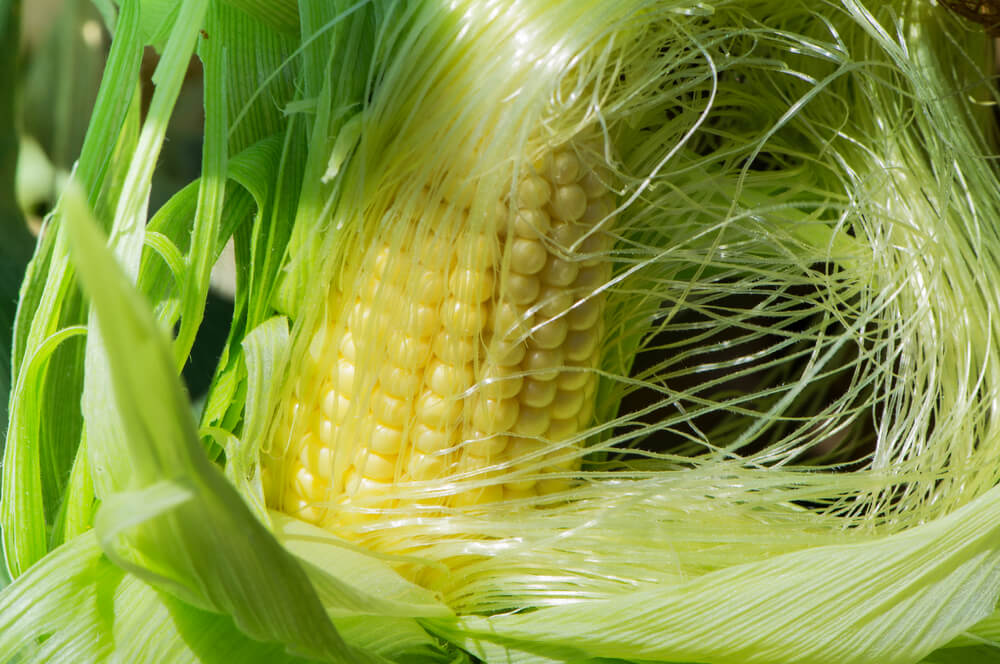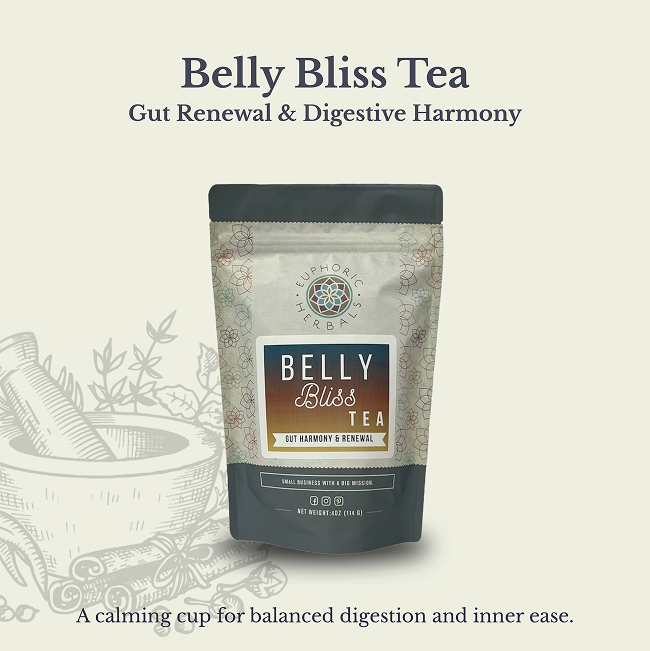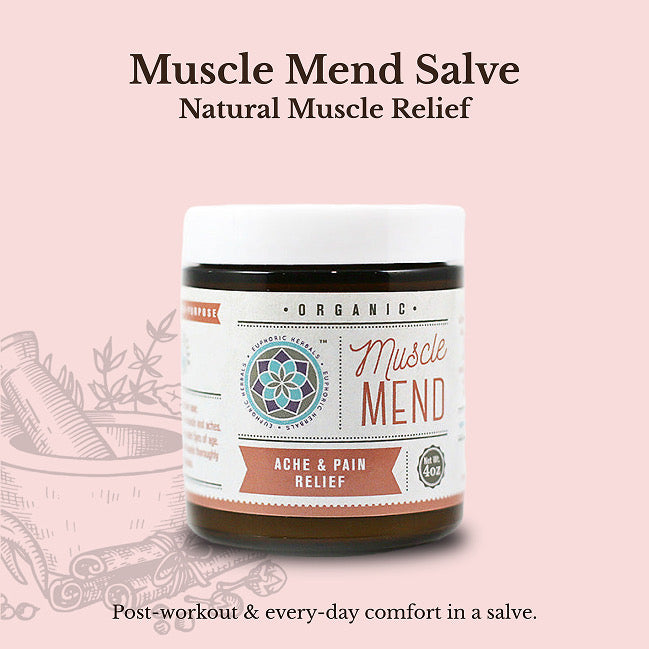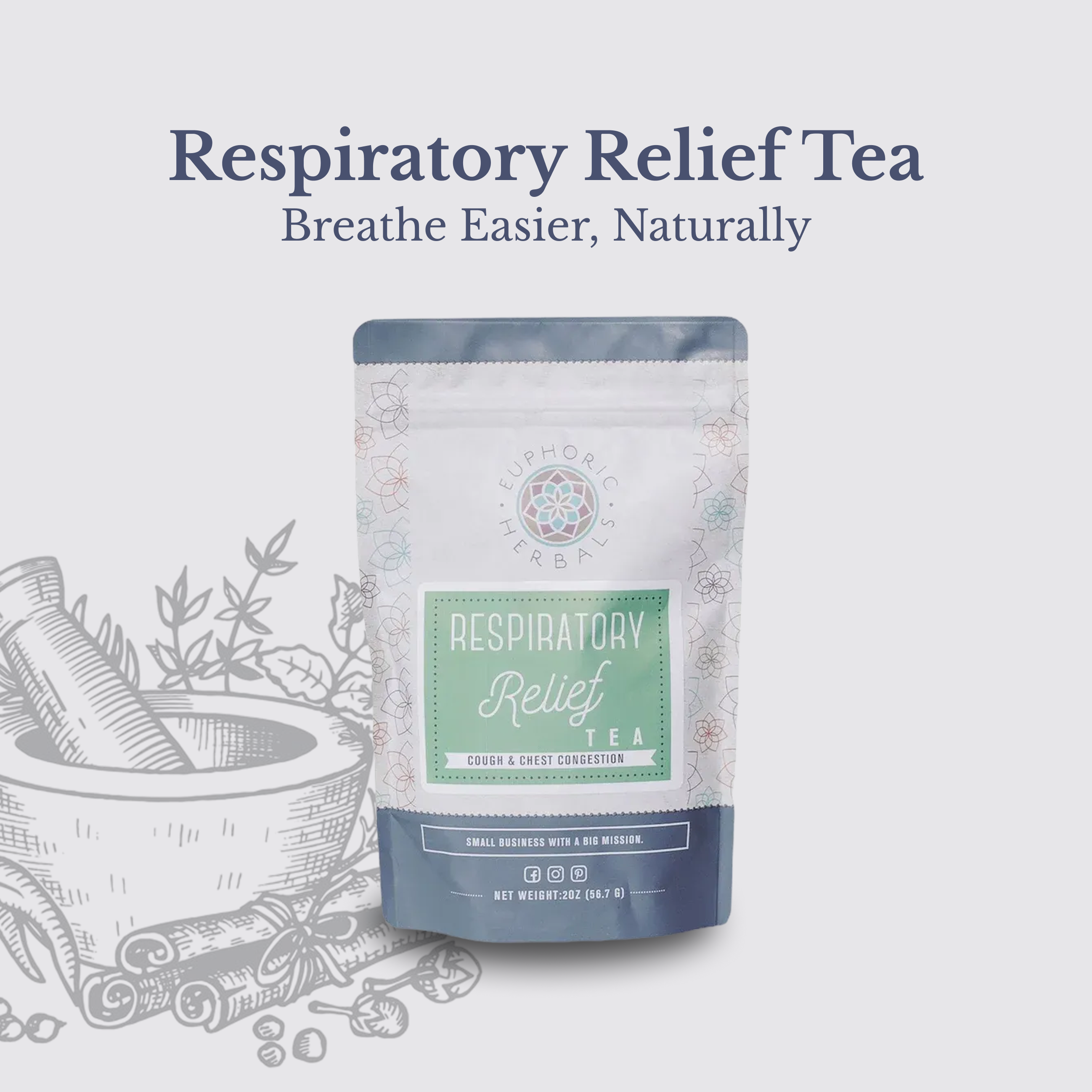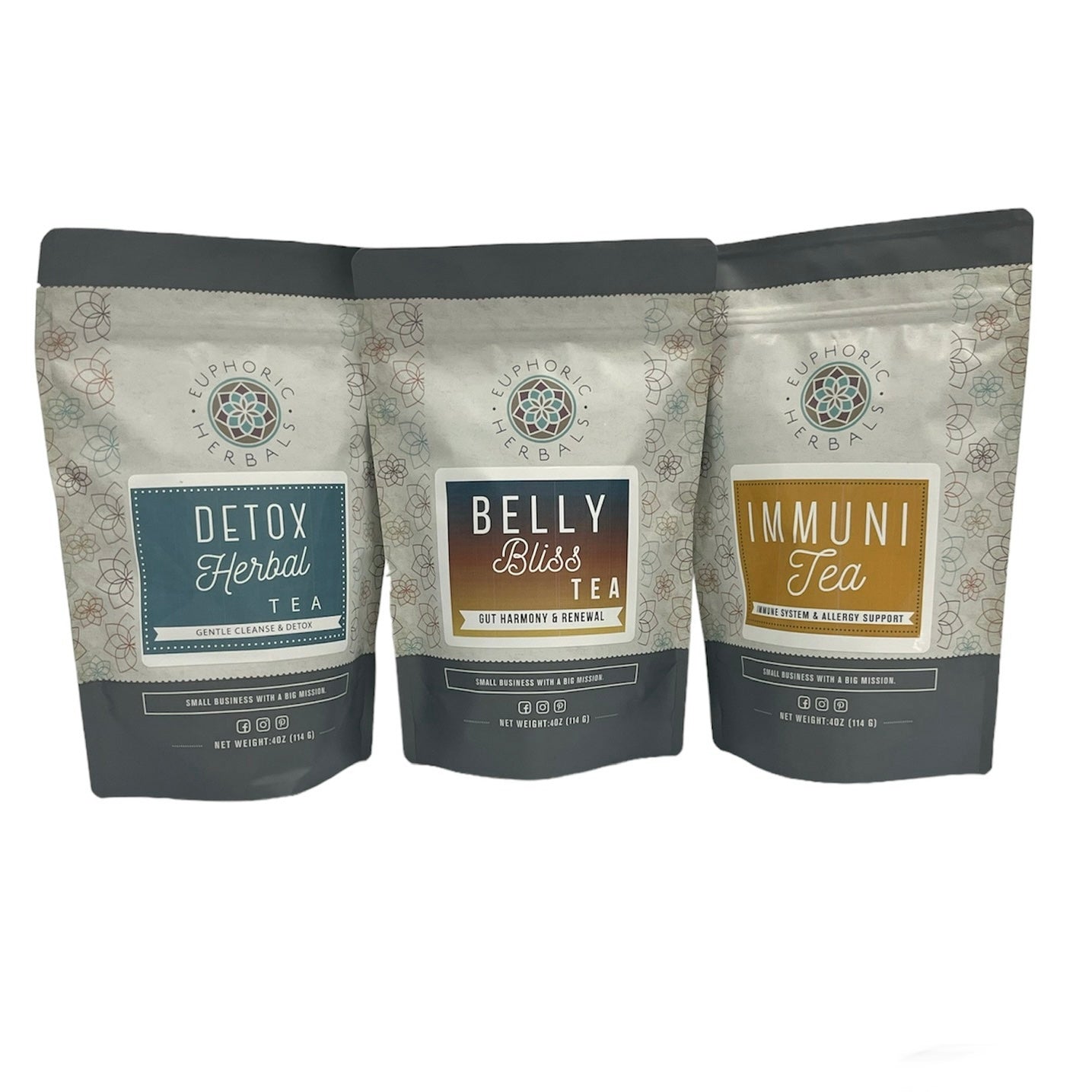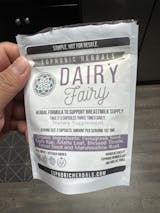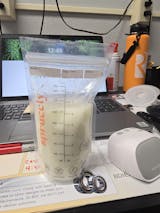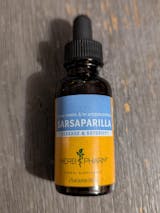What is Corn Silk?
Have you ever spent time picking the tiny silken threads out of a cob of corn while you're husking it?
Those threads, which can be annoying when they get stuck in your teeth or won't let go of the cob, actually have a long history of use in herbal medicine and are way more nutritious than most people realize.
Instead of throwing them away, learn more about the top benefits and uses for corn silk so that you can make full use of this often discarded herb.
Corn silk refers to the threadlike, yellowish strands that grow under the husk and poke out at the top of an ear of corn. They have a more official name of Stigma maydis, but most people call them corn silk.
Technically, corn silk strands are stigmas, which means they capture pollen when the plants are growing and help fertilize the corn.
Though often regarded as useless today, corn silk has been used medicinally for hundreds (and probably thousands) of years, particularly in Chinese and Native American medicines. (1)
They are entirely edible and can be eaten as a food topping or made into a more concentrated remedy like a tea or tincture.
What are the Benefits of Corn Silk?
Kidney and Urinary Tract Support

Corn silk has long been considered to have soothing, inflammation-calming properties that specifically support the urinary tract. It helps to ease irritation and has a diuretic effect that stimulates urine flow. (2)
Because of this, corn silk is often included in herbal formulas for cystitis and urinary tract infections (UTIs). It may be combined with herbs that are antimicrobial (like goldenrod or uva ursi) and other soothing diuretics (like pipsissewa).
Corn silk also specifically supports the kidneys-- a very important part of your urinary tract.
By acting as a diuretic, corn silk helps to keep fluids and wastes passing out of your kidneys and body. Some studies have shown that it may even help prevent the formation of kidney stones or improve their passage. (3)
On its own, corn silk is typically made into a tea for urinary tract support, but you can also take it in this Urinary System Support Extract with other helpful herbs.
Bedwetting Help and Bladder "Toning"
One of the traditional uses for corn silk was to help with bedwetting in children.
Corn silk is very mild and gentle, which makes it a good herb for children, and is thought to strengthen the bladder. Of course, there can be many causes of bedwetting, including stress, so corn silk may not be the solution in every case but can be very supportive.
Corn silk tea has also been used to "tone" the bladder to help with incontinence that may come postpartum, during menopause, or with age.
Rich in Nutrients and Antioxidants
Corn silk is surprisingly nutritious and makes an excellent nutritive tonic that supports the whole body.
It's particularly high in potassium, which is an essential nutrient for nerve and muscle function, as well as magnesium and calcium. Interestingly, corn silk also contains protein.
Perhaps more importantly, corn silk is rich is bioactive compounds, including flavonoids and terpenoids, that act as antioxidants. This antioxidant content may be partly or mostly responsible for the anti-inflammatory action of the herb. (1)
May Be Helpful for Prostatitis

Prostatitis is an inflammation and/or infection of the prostate gland that often causes symptoms like pain and swelling. It's a fairly common problem in young to middle-aged men.
Some cases of prostatitis resolve on their own (though others are treated with antibiotics) but can be very uncomfortable while they last.
Because of its support for the urinary tract and the bladder in particular, which is right next to the prostate gland, corn silk has been used by herbalists to help soothe the discomfort of prostatitis.
Keep in mind that it will not help with prostatitis caused by a bacterial infection, but it can still have a soothing effect that complements conventional treatment.
Also, though corn silk hasn't been specifically studied for prostatitis, some research indicates it may improve benign prostatic hyperplasia (BPH), another common prostate problem. (4)
If you want more natural options, check out these top herbs for prostate support.
May Improve Blood Sugar and Blood Pressure
Some of the more modern potential uses for corn silk include support for both blood sugar and blood pressure control.
Studies have found that an extract of corn silk may be able to reduce fasting blood sugar levels as well as improve cholesterol levels and lower oxidative stress associated with diabetes. (5)
Similarly, other research has shown that corn silk extract can lower blood pressure, probably due to its diuretic effect. (6)
Neither of these findings are "conclusive", but it is notable that corn silk has long been used in traditional Chinese medicine for diabetes support.
How to Make Corn Silk Tea + Other Uses

Perhaps the most common way to use corn silk is to make a tea with the fresh or dried herb.
In fact, you can simply collect the silk while you're husking an ear of corn, but make sure you only get it from homegrown or organic corn. You really don't want pesticides contaminating your tea.
Here's a simple corn silk tea recipe:
Ingredients:
- 1 tablespoon fresh or dried corn silk
- 8-10 ounces of water
Instructions:
- Add the water and corn silk to a pan and heat over medium heat until the water comes to a boil.
- Turn down the heat to the lowest setting, cover the pan, and simmer for 10 minutes.
- Turn off the heat completely and allow the infusion to steep, covered, for another 30 minutes.
- Strain out the corn silk and enjoy the tea. You can reheat it as needed and add a natural sweetener (like raw honey) if desired.
Besides making a tea, you can use alcohol or glycerin to make a corn silk tincture. (See instructions for making an herbal tincture here.)
You can also use corn silk more like a food to top pizza, tacos, eggs, etc. It makes a very nutritious topping.
What are the side effects of Corn Silk?
There are few precautions associated with corn silk, which is a very mild herb. As mentioned earlier, be sure you only harvest it from organic corn or buy it from a reputable organic seller to avoid pesticide residue.
Allergic reactions are rare but can happen, and you should definitely avoid this herb if you are allergic to corn.
Corn silk may interact with diuretic or diabetic medications, although this is not proven.
If you have a medical condition or are pregnant or nursing, be sure to consult with a qualified herbalist or medical professional before taking corn silk.
Don't Throw Out Corn Silk!
Now that you know more about the benefits and uses for corn silk, maybe you'll consider saving it to make a tea rather than throwing it out. If it's not corn season, you can also buy dried corn silk to make your own remedies at home.
This is yet another way to cut down on food waste while discovering a new herb for your repertory.
Disclaimer: This post is for informational purposes only. It does not constitute medical advice and should not be substituted for medical advice. Please consult your health care provider, herbalist, midwife, or naturopathic physician before taking herbs, supplements, etc. Here's the link to our full disclaimer.



















































































































































































